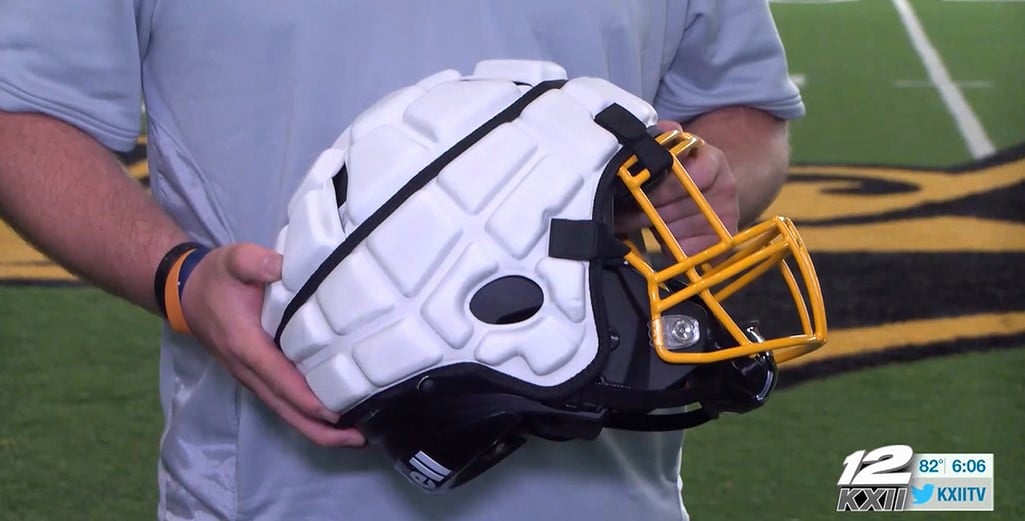UW Medicine Study Reveals Flaws in Concussion Testing
 In sports, concussions are a serious but far too common injury, often with long-lasting effects. According to the Centers for Disease Control and Prevention (CDC), up to 3.8 million sports-related concussions occur in the US each year, meaning that 5 to 10% of all athletes will experience a concussion in any given sports season.
In sports, concussions are a serious but far too common injury, often with long-lasting effects. According to the Centers for Disease Control and Prevention (CDC), up to 3.8 million sports-related concussions occur in the US each year, meaning that 5 to 10% of all athletes will experience a concussion in any given sports season. A recent UW Medicine study, published on June 11 in JAMA Network Open, has revealed critical issues in the current methods of concussion assessment.
A recent UW Medicine study, published on June 11 in JAMA Network Open, has revealed critical issues in the current methods of concussion assessment.
The study found that the Sports Concussion Assessment Tool 5 (SCAT5), specifically its cognitive evaluation component, often fails to accurately diagnose concussions.
Investigators discovered that nearly half of athletes diagnosed with a concussion tested normally on the SCAT5, which is the recommended tool for measuring cognitive skills in concussion evaluations. Dr. Kimberly G. Harmon, the lead author and professor of sports medicine at the University of Washington School of Medicine, stated:
“The takeaway is if you get hit in the head and you have a headache, you’re dizzy, and you don’t feel right — that’s a concussion even if you do normally on the [SAC]."
The study sampled 184 Division I athletes, including 92 with concussions and 92 matched control athletes, and tested them using SCAT5.
The results showed that 45% of athletes with concussions had SCAT5 scores within normal limits, matching or exceeding their baseline scores. Harmon, drawing from her firsthand experience with athletes, was motivated to question the accuracy of the cognitive screening portion of SCAT5.
“Some people were concussed, and they did well on the recall test. Some people weren’t concussed, and they didn’t do well. So I thought we should study it."
The most accurate measure of concussion, the study found, were the symptoms reported by the athletes. However, challenges remain with identifying subjective symptoms, as athletes may underreport or minimize them.
“If you get hit in the head and go to the sideline and say, ‘I have a headache, I’m dizzy, I don’t feel right,’ I can say with pretty good assurance that you have a concussion."
The study concluded that while objective diagnostic tools are still needed, currently, the most reliable indicator of a concussion is a thorough review of reported symptoms and clinical findings.
“We keep looking for more objective diagnosis tools but until we find one, you need to look at all the pieces of the puzzle: balance, cognition, and especially symptoms."
Read the study here!
![HR Logo [Recovered]_Full Color Vertical-1](https://blog.healthyroster.com/hs-fs/hubfs/HR%20Logo%20%5BRecovered%5D_Full%20Color%20Vertical-1.png?width=199&height=178&name=HR%20Logo%20%5BRecovered%5D_Full%20Color%20Vertical-1.png)
 By
By


